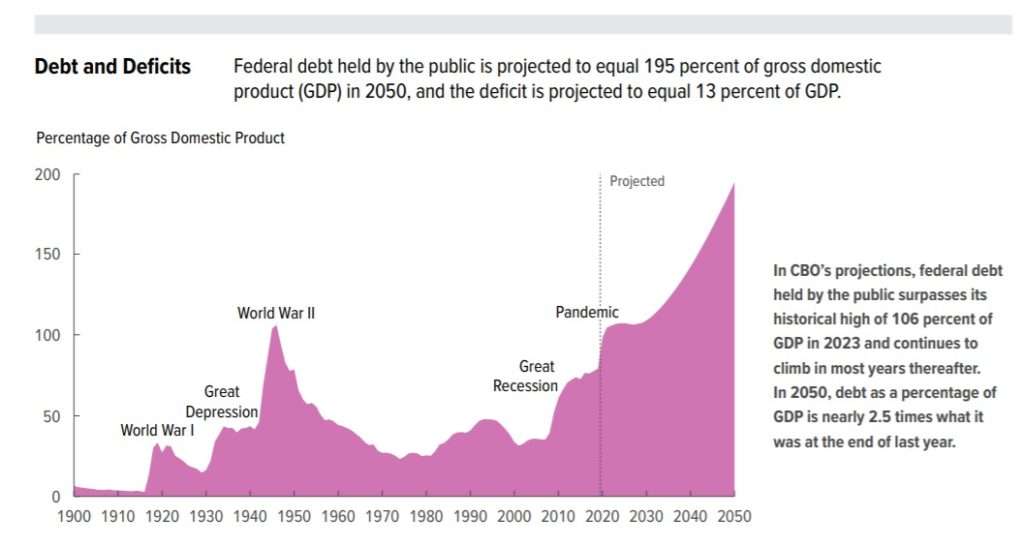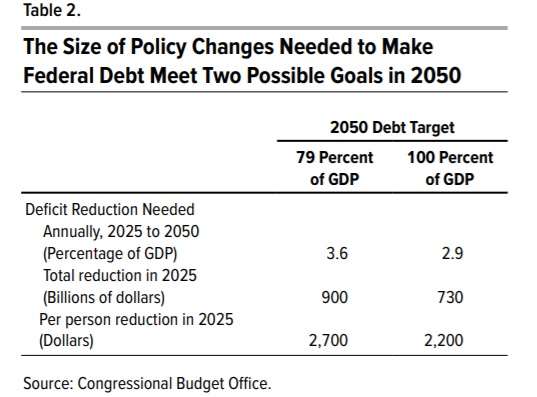Appeals court judge Amy Coney Barrett, a leading contender to replace the late Justice Ruth Bader Ginsburg on the Supreme Court, is a popular choice among conservatives. That fact does not, by itself, tell us much about Barrett’s treatment of criminal defendants’ constitutional and statutory claims.
When it comes to the rights of criminal defendants and the actions of law enforcement agencies, the “conservative” label covers a wide range of attitudes. Although progressives tended to depict Justice Antonin Scalia as an authoritarian ogre, for instance, he sided with defendants in several important Fourth Amendment and Sixth Amendment cases. Neil Gorsuch, the judge President Donald Trump picked to replace Scalia, has shown an even stronger inclination to uphold the rights of the accused and to question the conduct of police officers and prosecutors, repeatedly breaking with fellow conservatives such as Samuel Alito and Clarence Thomas. By contrast, 5th Circuit Judge James Ho, another candidate on Trump’s list of potential Supreme Court nominees, showed a troubling deference to law enforcement in a 2019 case involving a man killed by Texas sheriff’s deputies.
The opinions Barrett has written in cases brought by criminal defendants and prisoners since joining the U.S. Court of Appeals for the 7th Circuit in 2017 present a mixed picture. While she is often skeptical of the government’s arguments when it tries to put or keep people in prison, she has sometimes rejected claims by defendants and prisoners that her colleagues found credible.
It is clear from Barrett’s record that she does not reflexively side with the government in criminal cases. In a 2019 opinion, for example, she concluded that Drug Enforcement Administration agents violated the Fourth Amendment when they searched a suspect’s apartment based on the consent of a woman who answered the door but did not live there.
“Is it reasonable for officers to assume that a woman who answers the door in a bathrobe has authority to consent to a search of a male suspect’s residence?” Barrett asked. “We hold that the answer is no. The officers could reasonably assume that the woman had spent the night at the apartment, but that’s about as far as a bathrobe could take them. Without more, it was unreasonable for them to conclude that she and the suspect shared access to or control over the property.”
In another Fourth Amendment case, decided in 2018, Barrett concluded that an anonymous tip did not provide reasonable suspicion for police to stop a car in which they found a man with a felony record who illegally possessed a gun. “The anonymous tip did not justify an immediate stop because the caller’s report was not sufficiently reliable,” she wrote for a unanimous three-judge panel. “The caller used a borrowed phone, which would make it difficult to find him, and his sighting of guns did not describe a likely emergency or crime—he reported gun possession, which is lawful.”
In a 2018 case, by contrast, Barrett joined the two other judges on a 7th Circuit panel in rejecting the Fourth Amendment claims of three men who had been convicted of viewing and possessing child pornography after they were identified as users of the dark website Playpen. The FBI, which ran Playpen for about two weeks in 2015 as part of its investigation, identified people who visited the site via tracing software it installed under a warrant issued by a federal magistrate judge in Virginia. The defendants argued that the warrant was invalid because it purportedly covered searches outside the magistrate judge’s district.
Writing for the unanimous panel, Barrett said “we need not decide…whether the searches violated the Fourth Amendment.” Even if they did, she said, “the district courts did not err by declining to suppress the evidence, because the good-faith exception to the exclusionary rule applies.” Even assuming the warrant was invalid, she thought, the FBI could not reasonably have been expected to realize that.
Barrett has written several opinions overturning excessive federal sentences. In a 2019 case, she said a methamphetamine dealer should not have received extra time because of prior convictions under a state truancy law. That same year, she concluded that a judge should not have imposed a four-level enhancement for possessing a gun in connection with a drug offense without citing any evidence of that connection.
Also in 2019, Barrett said a gun trafficker named Dandre Moody should not have received an enhancement for supplying firearms to people who were not allowed to possess them. “Nothing in the record suggests that Moody had reason to believe that his buyers were unlawful gun users or possessors,” she wrote in that case. “By finding that Moody had such knowledge, the court plainly crossed the line that separates permissible commonsense inference from impermissible speculation.”
By contrast, Barrett dissented from a 2020 decision in which the 7th Circuit said a man convicted of firearm offenses in 2013 should benefit from a sentencing reform that was included in the FIRST STEP Act of 2018. Although that provision generally does not apply retroactively, the appeals court had overturned the defendant’s original sentence before the law took effect. In the majority’s view, that meant the sentence had not yet been “imposed.” Bennett disagreed, saying the sentence had already been imposed, even if it was subsequently reversed, when Congress passed the FIRST STEP Act.
Other cases in which Barrett has sided with defendants or prisoners include a 2019 appeal by a man who was convicted of failing to register as a sex offender even though that requirement had expired; a 2019 case involving a drug offender who was sentenced by a judge who she said should have recused himself because of improper ex parte communications with federal prosecutors in other cases; and a 2018 case in which she said the government should have helped a prisoner obtain pro bono legal assistance in a lawsuit alleging abuse by correctional officers.
Two Barrett dissents stand out as examples of deferring to the government even when the facts suggest serious misconduct.
In a 2019 decision, two members of a three-judge panel said Indiana courts and a federal district court had erred by rejecting a defendant’s claim that prosecutors improperly withheld exculpatory evidence when they tried him for attempted murder. According to Supreme Court’s 1963 decision in Brady v. Maryland, the failure to disclose such information is a violation of due process.
The defendant in the 7th Circuit case, Mack Sims, did not discover until after he was convicted that the victim, whose testimony was crucial in identifying Sims as the perpetrator, had undergone hypnosis prior to the trial, which may have tainted his recollection of the crime. Between the attack and the trial, 7th Circuit Judge William Bauer noted in an opinion joined by Judge David Hamilton, the victim’s account changed, as did his confidence that Sims was the man who had shot him. In these circumstances, they concluded, the use of hypnosis was an important piece of information that could have affected the outcome of the trial.
In her dissent, Barrett said the majority had failed to give the Indiana Court of Appeals proper deference. “Even though I think that the undisclosed evidence of [the victim’s] hypnosis constitutes a Brady violation, it was neither contrary to, nor an unreasonable application of, clearly established federal law for the Indiana Court of Appeals to conclude otherwise,” she wrote. “If I were deciding the question de novo, I would agree with the majority that the suppressed evidence of hypnosis undermined confidence in the verdict. But because I can’t say that the Indiana Court of Appeals’ decision was ‘so lacking in justification that there was an error well understood and comprehended in existing law beyond any possibility for fairminded disagreement,’ I would affirm the district court’s denial of Sims’s habeas corpus petition.”
Barrett also dissented from a 2019 decision in which the 7th Circuit allowed state prisoners to proceed with a lawsuit alleging that correctional officers had violated the Eighth Amendment’s ban on cruel and unusual punishment by gratuitously and maliciously firing shotgun shells in response to a dining hall altercation. The two judges in the majority, Hamilton and Ilana Rovner, concluded that the validity of the prisoners’ claims depended on resolving a dispute about what actually happened that day. “Summary judgment is not appropriate when there is evidence in the record that could support a reasonable jury finding that the defendants acted maliciously and sadistically for the very purpose of causing harm rather than in a good faith effort to restore order,” they said.
Barrett disagreed, saying the plaintiffs had failed to allege facts that would support their Eighth Amendment claims. “The guards may have acted with deliberate indifference to inmate safety by firing warning shots into the ceiling of a crowded cafeteria in the wake of the disturbance,” she wrote. “In the context of prison discipline, however, ‘deliberate indifference’ is not enough.”
from Latest – Reason.com https://ift.tt/3clrISQ
via IFTTT




 Reducing the size of annual budget deficits and getting the national debt under control will be no easy task. In order to merely bring the national debt down to 100 percent of GDP by 2050, the CBO estimates that Congress would have to implement policy changes—spending cuts, tax increases, or both—equal to about $730 billion (or 2.9 percent of GDP) by 2025.
Reducing the size of annual budget deficits and getting the national debt under control will be no easy task. In order to merely bring the national debt down to 100 percent of GDP by 2050, the CBO estimates that Congress would have to implement policy changes—spending cuts, tax increases, or both—equal to about $730 billion (or 2.9 percent of GDP) by 2025.